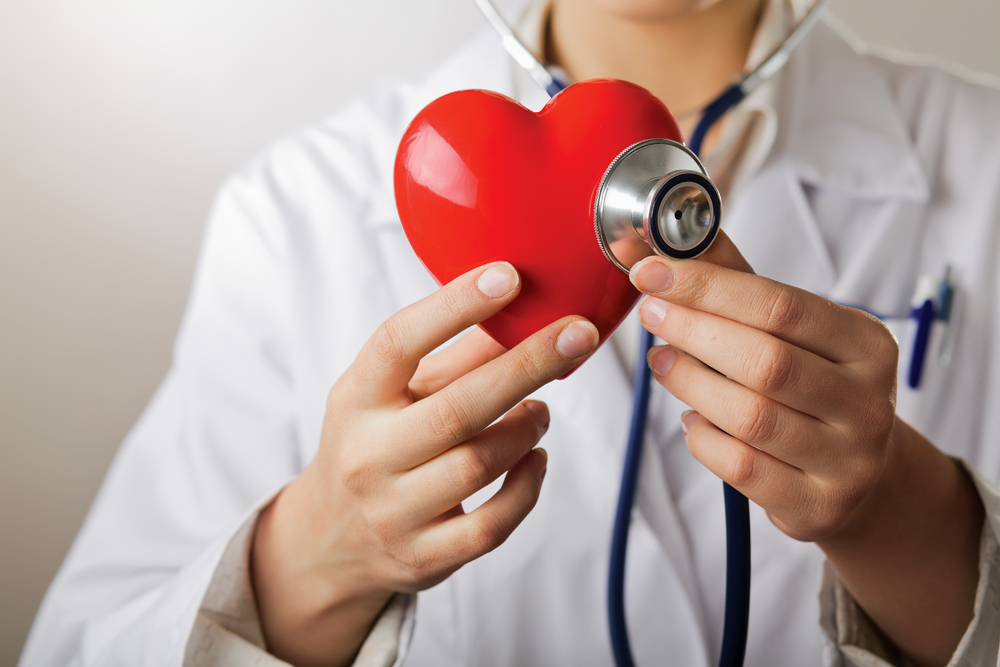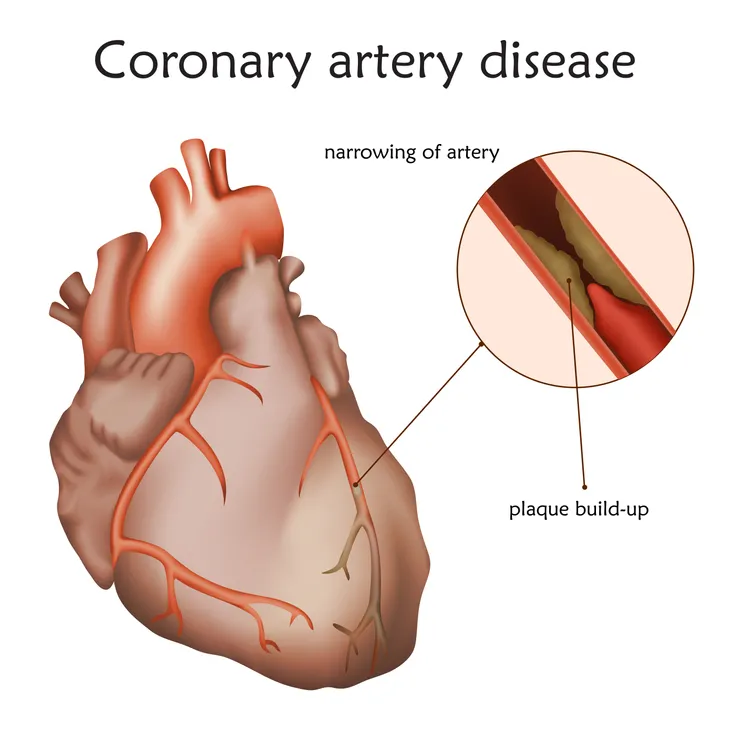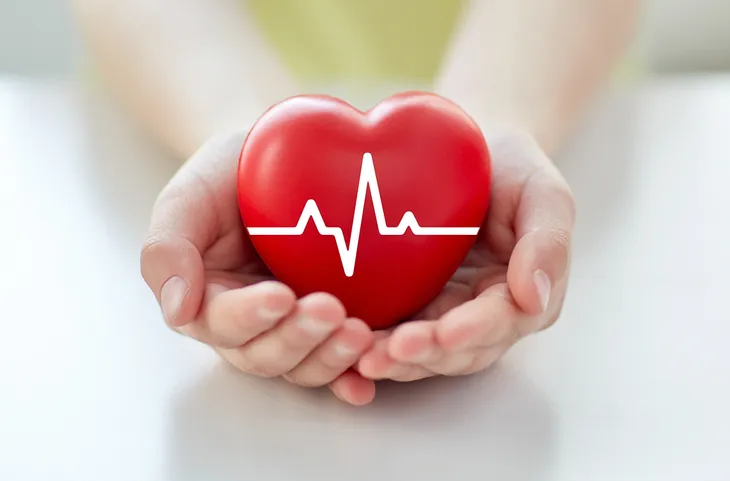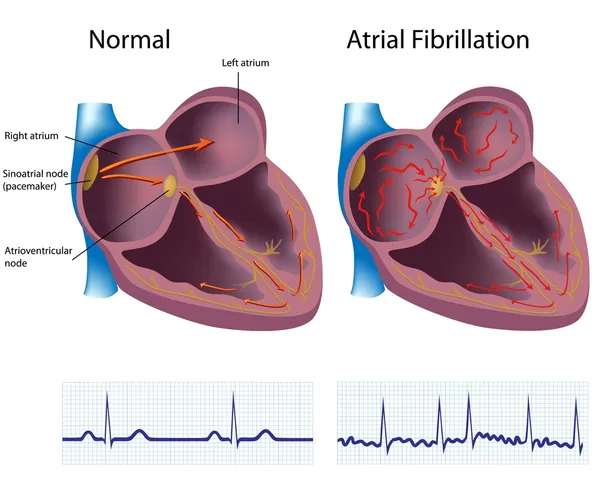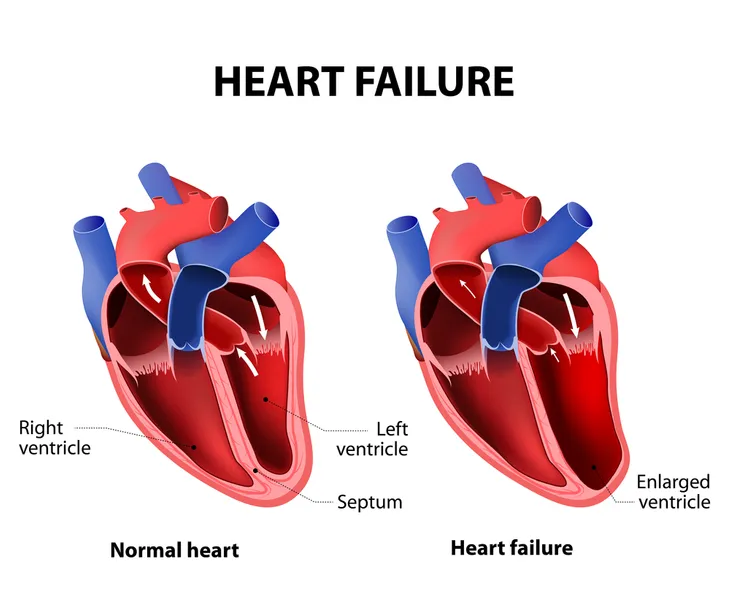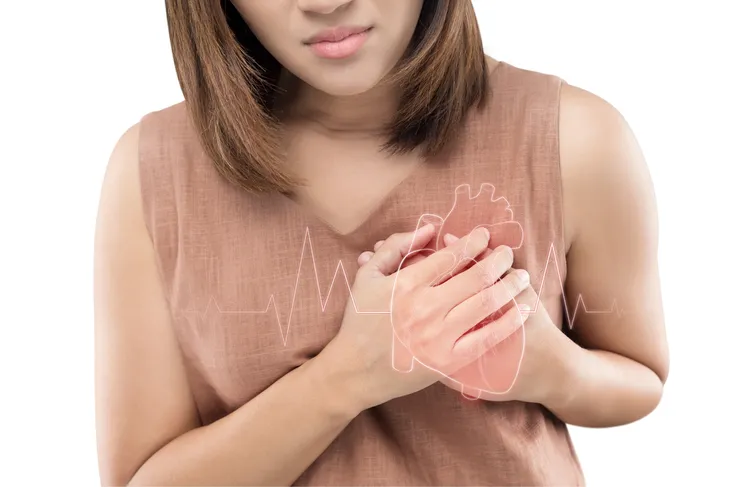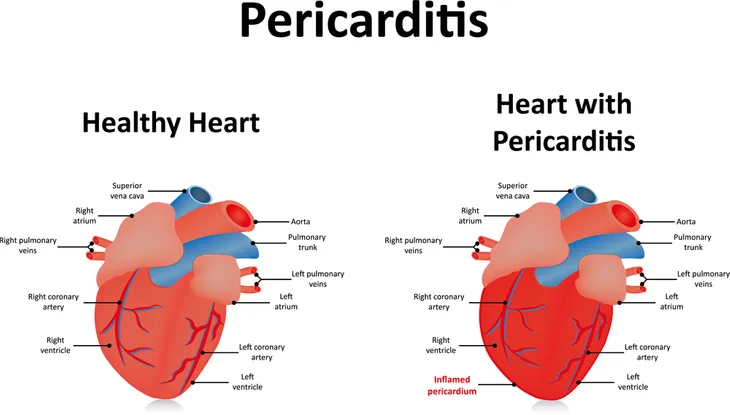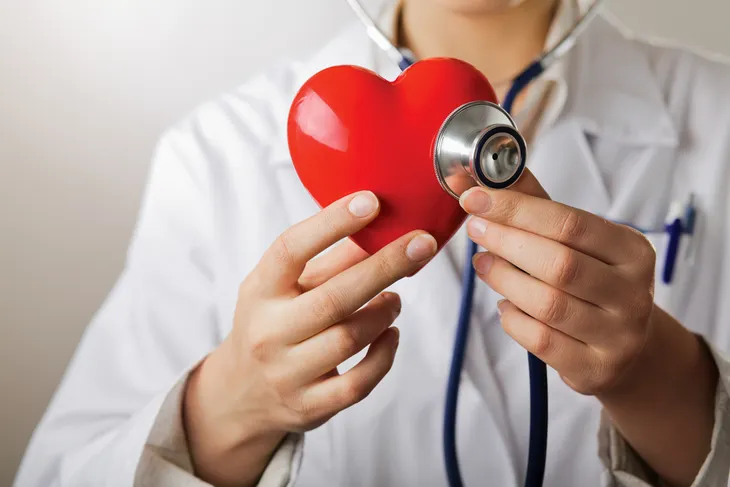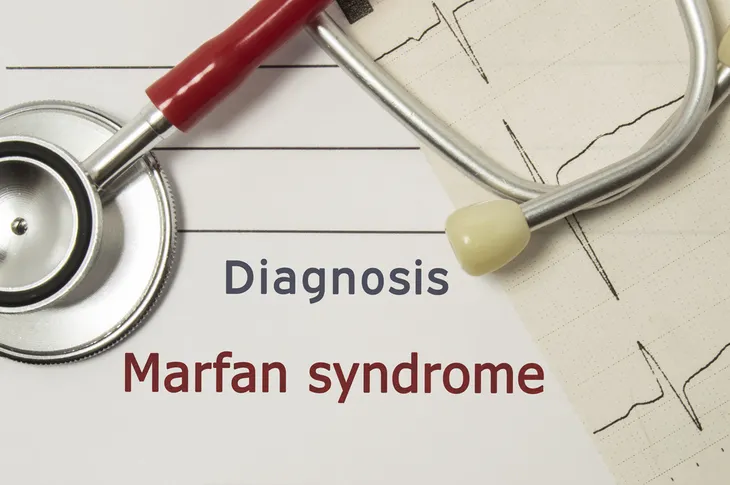The heart is obviously an essential organ, and it’s quite resilient, considering the average heart beats about three billion times over the course of an 80-year lifespan.
However, like all organs, the heart can develop problems, whether they’re congenital or acquired, and some are more serious than others. That being said, they all deserve medical attention and monitoring. Here are 12 common heart problems and their symptoms…
Coronary Artery Disease
People sometimes joke, “Don’t have a coronary,” when someone is feeling overwhelmed, but there’s really nothing funny about it. WebMD notes the most common symptom of coronary artery disease is chest pain (angina).
This pain can also be described as heaviness, pressure, or squeezing, and it can sometimes be mistaken for indigestion or heartburn. The discomfort can also travel to other areas of the body including the shoulders, arms, and even jaw. Other possible symptoms are shortness of breath, heart palpitations, weakness, nausea, and excessive sweating.
Heart Attack
This is probably the heart episode that people think about first when they hear “heart problems,” but it’s not exactly like it’s depicted on television or in movies. It’s rarely someone clutching their chest and falling over.
Instead, the symptoms of a heart attack can last for 30-minutes or longer, says WebMD. The symptoms, which typically start as mild discomfort that progresses to “significant pain,” will not usually be relieved by rest or oral painkillers. Other symptoms include pain in the chest or arm, a “choking feeling,” nausea, vomiting, dizziness, weakness, shortness of breath, and a rapid or irregular heartbeat, says the source.
Arrhythmias
A heart arrhythmia is a problem with the rhythm of the heart, and it happens when “the electrical impulses that coordinate your heartbeats don’t work properly,” which causes your pulse to be too slow, quick, or irregular, says the Mayo Clinic.
You may feel a “fluttering” or racing heartbeat, and in some cases, the problem is harmless. However, other times they can be “bothersome,” and in more extreme cases, can be life-threatening, says the source. You may also experience shortness of breath, lightheadedness, or a fainting sensation.
Atrial Fibrillation
Commonly referred to as AFib, this heart condition is a type of arrhythmia that affects the upper chambers of the heart known as the atria, says the American Heart Association. These chambers will “quiver” instead of beating normally, which impedes the flow of blood into the ventricles.
There is an increased risk of stroke with this type of heart problem, in other words, if a clot forms and a piece of it breaks off and blocks the blood flow to the brain, it can be catastrophic. In fact, about 15 to 20-percent of patients who develop strokes have this type of heart arrhythmia, which is why they are commonly prescribed blood thinner medication.
Heart Valve Disease
If you have heart valve disease, you may experience shortness of breath, even when performing routine tasks, says WebMD. It can even strike when you’re idle in bed.
Other symptoms include weakness, dizziness, discomfort in the chest, or an irregular heartbeat. “Symptoms of heart valve disease do not always relate to the seriousness of your condition,” notes the source. In fact, the disease can lead to heart failure, which we’ll discuss next.
Heart Failure (From Heart Valve Disease)
The aforementioned disease can trigger heart failure, but you might not have any warning ahead of time. “You may have no symptoms at all and have severe valve disease, requiring prompt treatment,” notes WebMD.
Heart failure connected to heart valve disease can cause symptoms, including swelling of the ankles and feet or swelling of the abdomen, says the source. It can also result in “quick weight gain,” which means you could add 2 to 3-pounds per day in some cases.
Heart Failure (Without Heart Valve Disease)
Heart failure may occur without heart valve disease, says WebMD. Some of the symptoms are similar to heart failure from heart valve disease, while other symptoms are more unique.
For example, while swelling and rapid weight gain can occur, heart failure (not connected to heart valve disease) can result in shortness of breath, a cough “that produces white sputum,” dizziness, nausea, palpitations, and chest pain. The symptoms of heart failure do not directly reflect the seriousness of your condition. “You may have many symptoms, but your heart function may be only mildly weakened,” and vice versa, adds WebMD.
Congenital Heart Defects in Adults
As the name suggests, this heart defect is present from birth, but may not be diagnosed until adulthood, says WebMD. “It is possible to have a [heart] defect and no symptoms at all,” it adds. It may be found during a physical exam or an imaging scan on someone who doesn’t have symptoms of a heart defect.
If you’re an adult who is experiencing symptoms of a congenital heart defect, you might notice shortness of breath, limited stamina (during exercise), and symptoms of heart failure (such as swelling, dizziness, and chest pain).
Congenital Heart Defects in Children
If an infant or child is experiencing symptoms related to a congenital heart defect, they might have a bluish tint to their skin, fingernails, and lips (medically known as cyanosis), explains WebMD.
The child might also exhibit signs of rapid breathing, poor feeding, slow weight gain, frequent lung infections, and the “inability to exercise.”
Pericarditis
The Mayo Clinic describes this heart problem as a swelling and irritation of the thin membrane surrounding your heart, which is called the pericardium. The major symptom of this condition is chest pain, “when the irritated layers of the pericardium rub against each other,” it explains.
Most of the time, the symptoms are acute, in other words, they come and go quickly, but the condition can become chronic, says the clinic. They can also include shortness of breath when reclining, heart palpitations, low-grade fever, feeling of overall malaise, cough, or leg/abdominal swelling. While most cases aren’t serious and can improve on their own, other cases may require medication(s) or surgery (in some rare instances).
Heart Muscle Disease
This is medically known as cardiomyopathy, and you might not notice any symptoms at all throughout your life, according to WebMD. “Other people develop symptoms, which progress and worsen as heart function worsens,” adds WebMD.
Those symptoms may include chest pain or pressure (often after physical activity, but also at rest), swelling of the lower extremities, fatigue, fainting, and heart palpitations. It can lead to “sudden death” in a small number of cases if an arrhythmia occurs.
Marfan Syndrome
While not a heart condition exclusively, Marfan syndrome causes damage to connective tissues and can also negatively impact the heart and aorta, explains the Cleveland Clinic. The symptoms of the syndrome can affect each patient differently, giving it the label of a “variable expression” genetic disorder.
The physical markers are being tall and thin, having unusual proportions, experiencing eye problems, and also having weak blood vessels that often affect the aorta (that carries blood from the heart to the body). The heart valve leaflets also become “floppy” and don’t close tightly, allowing blood backflow, which may increase the workload of the heart. “Over time, the heart may enlarge and heart failure may occur,” adds the source.
